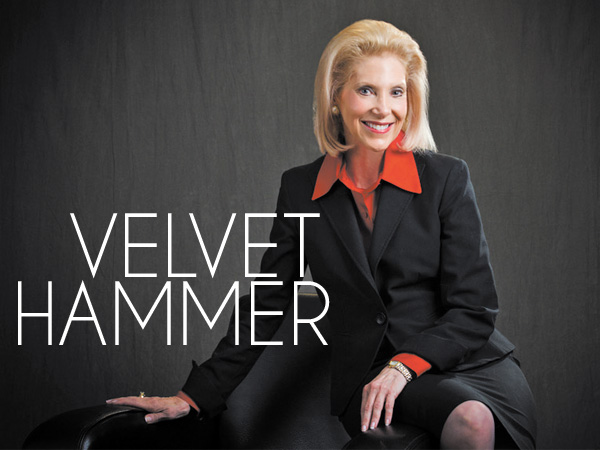Q: I’ve been promoted to a manager and will be supervising someone I just don’t like, and am not sure how to deal with the situation. Any managerial tips?
—Don’t want to fail before I get started
A: Not knowing exactly what you don’t like about this person makes it difficult to provide a step-by-step plan to address the situation. Regardless, you’re the adult in the room now, and it doesn’t matter who or what you don’t like: it’s your responsibility to lead. More important, it’s about developing yourself and your entire team to contribute to your firm’s success.
That said, whether you don’t like the way this person conducts his or herself or you just have different personality styles, you need to address your workplace conflict upfront. If the rift isn’t serious, try reframing your thoughts by understanding that who we work with and who we like personally are not one and the same. If possible, take an objective attitude with this person by judging his/her work versus his/her personality. The trick is to study your interactions with this person and decide which behaviors are due to personality and which are due to poor interpersonal skills or conduct.
According to numerous behavioral experts, personality differences should be appreciated as diverse ways of thinking that can lead to creative problem solving. Poor conduct, on the other hand, needs to be addressed immediately through effective feedback, including guidelines for future performance expectations. Keep in mind, there are real pitfalls to disliking an employee. Consciously or unconsciously, you might mismanage or treat him/her unfairly and fail to see the real contribution this person might bring to your team.
A few dos and don’ts: Do be honest with yourself and pinpoint what might be complicating your feelings about this person. Check your bias in evaluating your employee’s performance by getting an outsider’s opinion. Keep an open mind: your perspective might change. Don’t avoid working with this person—collaborating together on a difficult task may positively alter your relationship. And, don’t let your distaste show—everyone wants their boss to like them.
Finally, don’t assume having this person on your team will be a bad thing. You need people who have different points of view and aren’t afraid to argue. These are the kinds of people who stop organizations from doing stupid things. From a performance standpoint, I’d be more concerned about liking your favorite employee too much, as your favorite employee today may be your least favorite (and most untrustworthy) tomorrow.
If you have a question for Joan, send it to business@townandstyle.com. Joan Lee Berkman is a marketing and public relations consultant.








